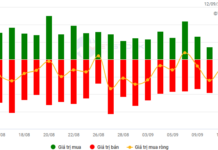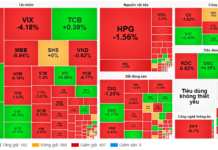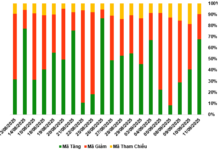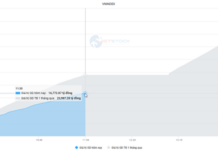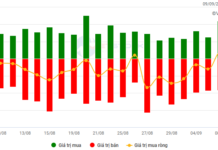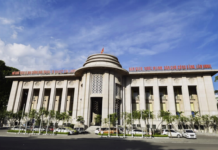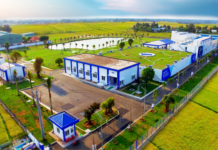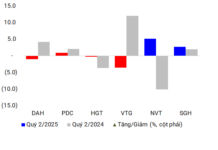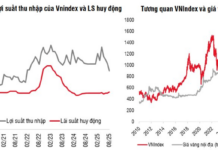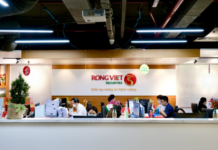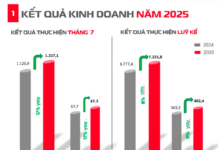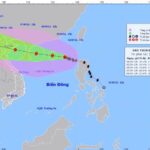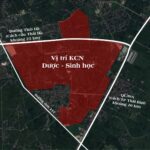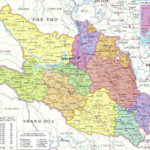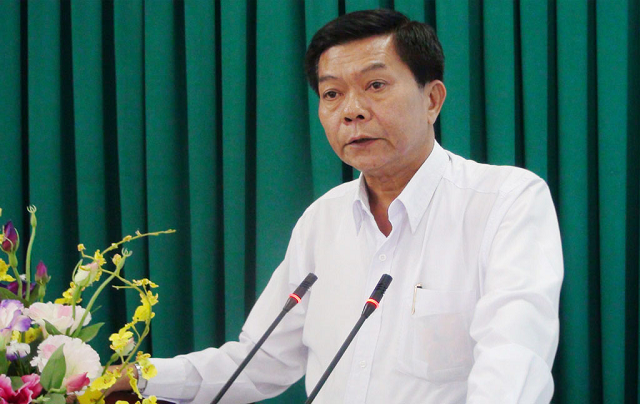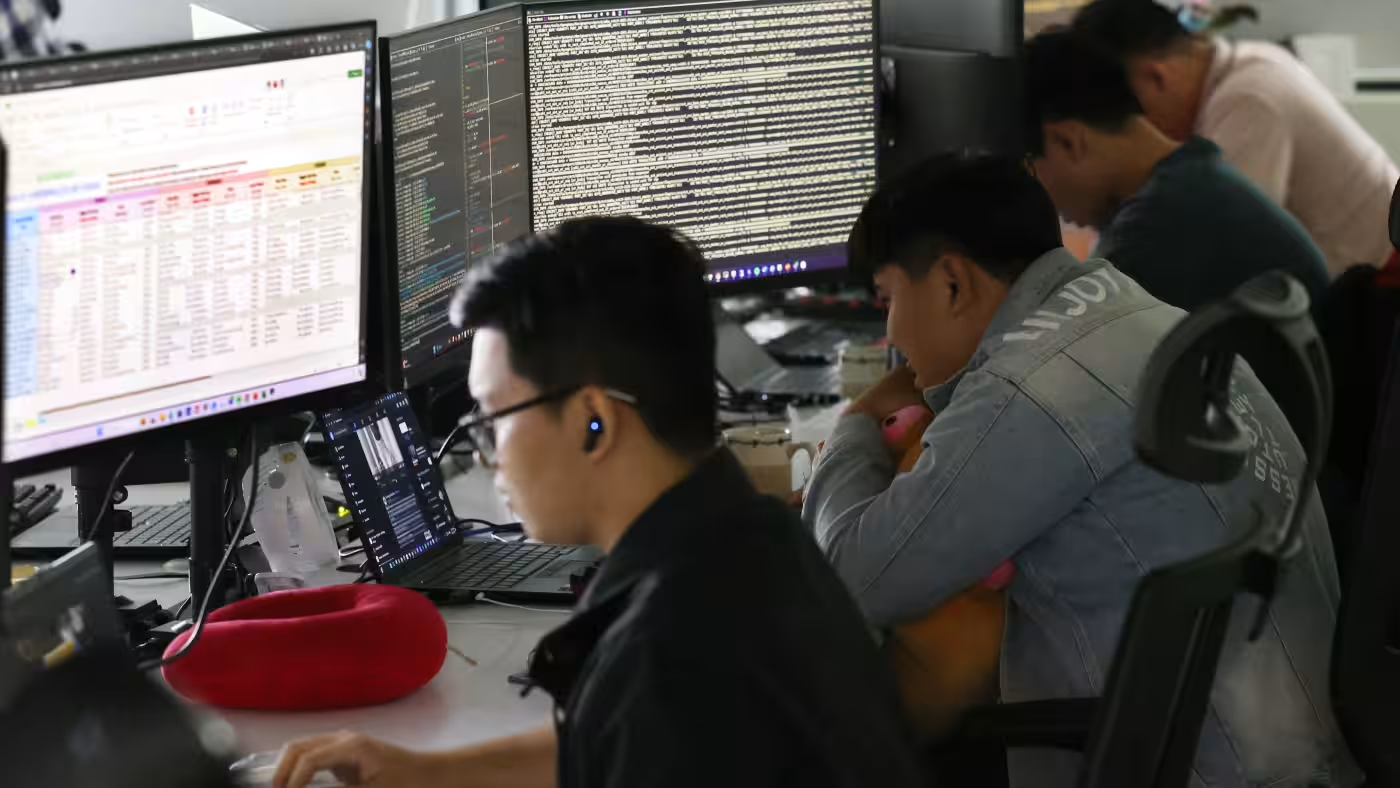
Vietnam is pulling out all the stops to attract semiconductor companies, offering an impressive range of incentives. These include speedy visa processing, land rent exemptions for up to ten years, and a 150% deduction on research expenses. The draft Digital Industry Law also promises fast-track paperwork and tax exemptions on imported materials and personal income for projects worth over $160 million.
“The draft Digital Industry Law is a positive sign of Vietnam’s commitment to attracting chip companies,” said Tran Manh Hung, a lawyer at Baker McKenzie.
In recent years, CEOs from US chip giants, including Intel’s Pat Gelsinger and Nvidia’s Jensen Huang, have visited Vietnam, recognizing its potential as a semiconductor manufacturing hub. Intel, a major player in the industry, previously shared with Nikkei that Vietnam should “modernize its incentive policies to support current/future investors and thus keep Vietnam competitive.”
Vietnam has been making moves to become a powerhouse in the semiconductor industry, investing in energy, infrastructure, and talent development. While the history of Vietnam’s chip industry spans two decades, it entered a new era in 2020 due to COVID-19 disruptions and the tech war, increasing its appeal. Investments have also expanded into a range of supporting industries, from Samsung-manufactured components to chip design operations for Infineon and software for Synopsis.
However, the Vietnamese government must consider whether these incentives align with the new global treaty on minimum taxes. The 15% minimum tax, proposed by the OECD and supported by over 140 countries, may limit the ability to offer traditional tax breaks. This means an end to many concessions allowing corporate tax rates below 15%, although businesses have lobbied for alternatives such as cash subsidies or tax credits.
Nevertheless, providing incentives like cash subsidies or tax credits also presents budgetary challenges for the government. Thomas McClelland, Head of Tax at Deloitte Vietnam, cautioned about the “impact of such a program on the state budget” and pointed out that implementing new incentives could create “additional administrative procedures, such as registration and evaluation processes, as well as post-checks to ensure the regime is properly implemented and achieves its goal without losses.”
The proposed technology law also includes other industries but has a dedicated section for semiconductors. Investors range from Besi, a Dutch chip equipment manufacturer investing an initial $4.9 million starting this year, to Nvidia, which is supporting local enterprise FPT in establishing an AI factory in the Southeast Asian country.
The Ministry of Information and Communications is currently holding meetings with other agencies and private sector representatives to finalize the law, which is expected to be submitted to the National Assembly in October 2024 and take effect as early as mid-2025.
Vu Hao (According to Nikkei Asia)
The Approaching Storm: Northern Central Provinces Brace for Typhoon No. 3
Amidst predictions of Storm No. 3’s impending impact, authorities in the North Central provinces swiftly mobilized their resources to brace for the oncoming storm.
The $165 Million Industrial Park Project: Aiming for $2 Billion in Investments and 18,000 New Jobs
The Thai Binh province is set to establish Vietnam’s first-ever Pharmaceutical and Biologics Industrial Park by next year. This innovative hub will serve as a magnet for foreign pharmaceutical and medical device companies, inviting them to establish a presence in Vietnam. The park presents a unique opportunity for technology transfer and research collaborations, fostering an environment conducive to high-value inventions and exports.
The Province with Vietnam’s Largest Lake and Second Largest Hydropower Plant Prepares for Three New Expressway Projects Worth VND 28,000 Billion, Attracting Global Attention from Industry Leaders.
The Hoa Binh province is home to the largest hydroelectric power plant in Southeast Asia, a feat of engineering in the 20th century, with a breathtaking reservoir that stretches 240 km in length. With plans to develop three new expressway sections – Ba Vi – Cho Ben, Hoa Lac – Hoa Binh, and Hoa Binh – Moc Chau – the province is set to become even more accessible and economically vibrant.

